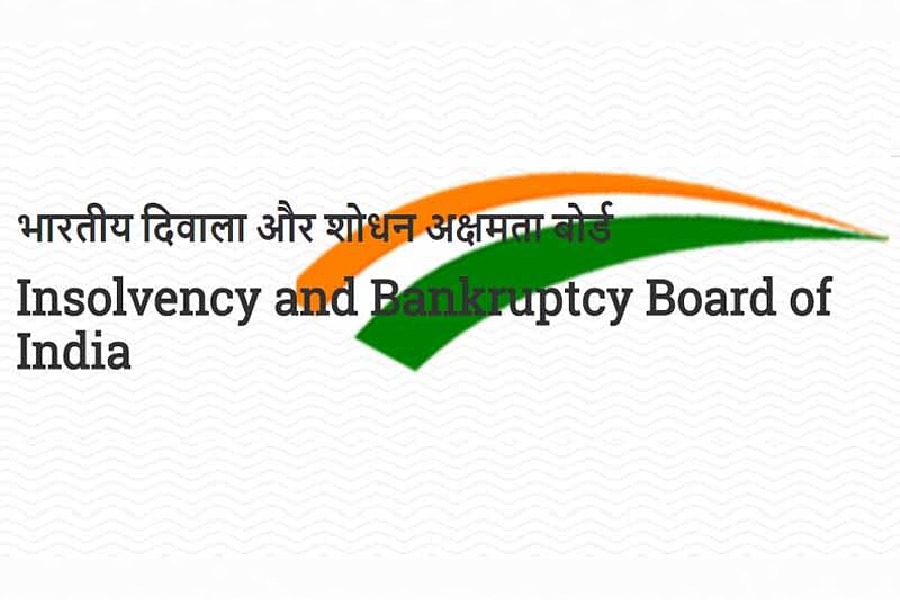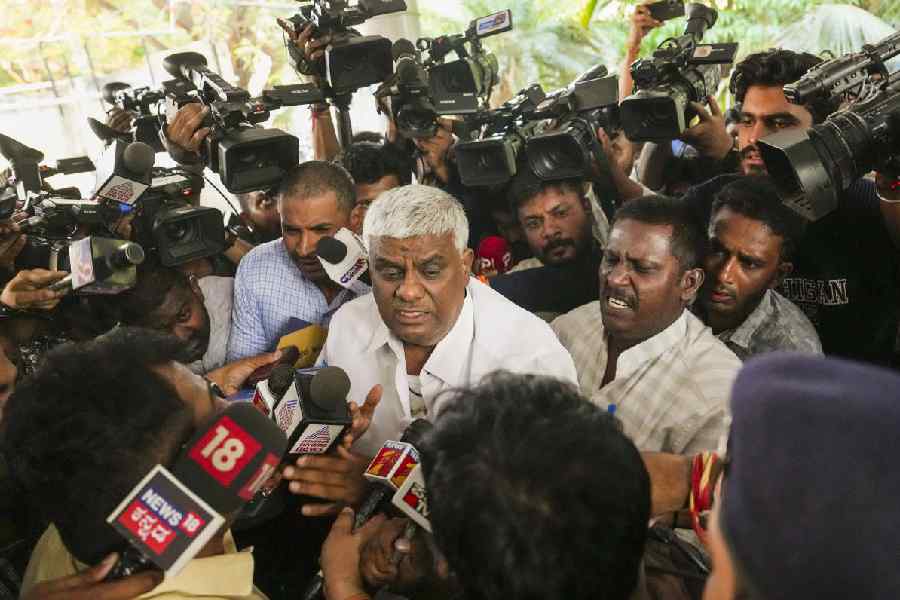The Insolvency and Bankruptcy Board of India (IBBI) has sought public comments on its existing rules as it looks to crowdsourcing to plug loopholes in Insolvency and Bankruptcy Code, 2016.
The rules will be severely tested in the case of Wadia-owned Go First, which filed for voluntary insolvency last week.
“In a dynamic environment, despite the best of efforts and intentions, a regulator in such novel and emerging regulatory regime may not always be able to address the ground realities," it said.
"Further, the stakeholders may contemplate, at leisure, the important issues in the extant regulatory framework that hinder transactions and offer alternate solutions to address them. This is akin to crowd-sourcing of ideas. This enables every idea to reach the regulator,” the statement said.
“Consequently, the universe of ideas available with the regulator would be much larger and the possibility of a more conducive regulatory framework would be much higher. Therefore, the IBBI also welcomes public comments on the regulations already notified under the code.”
Comments from the public, including the stakeholders, have been sought till May 31 on the regulations notified under the IBC till date.
The comments will be received till December 31, following which the regulations will be modified "to the extent considered necessary". "It will be the endeavour of IBBI to notify modified regulations by 31st March, 2024 and bring them into force on 1st April, 2024."
The country’s first corporate resolution plan under IBC resulted in a 94 per cent haircut to the lenders in August 2017 as Synergies-Dooray Automotive promoters retained the firm by paying just Rs 54 crore to the creditors, against dues of over Rs 900 crore.
This cast doubts on the efficacy of the IBC, which was then a little over a year old, and prompted the government to arm it with Section 29A, making it difficult for promoters of bankrupt companies to regain control of their firms by inflicting injuries to creditors.










